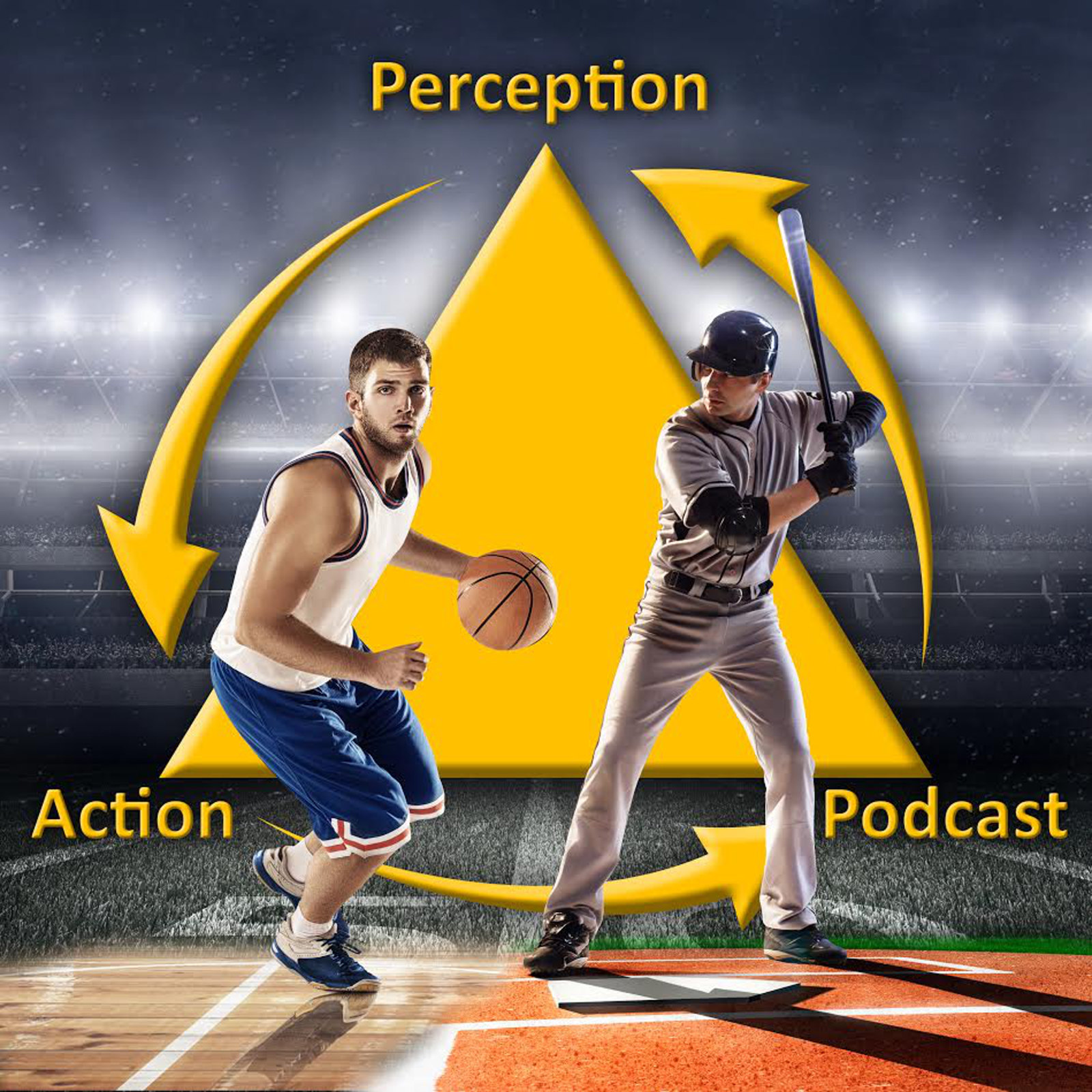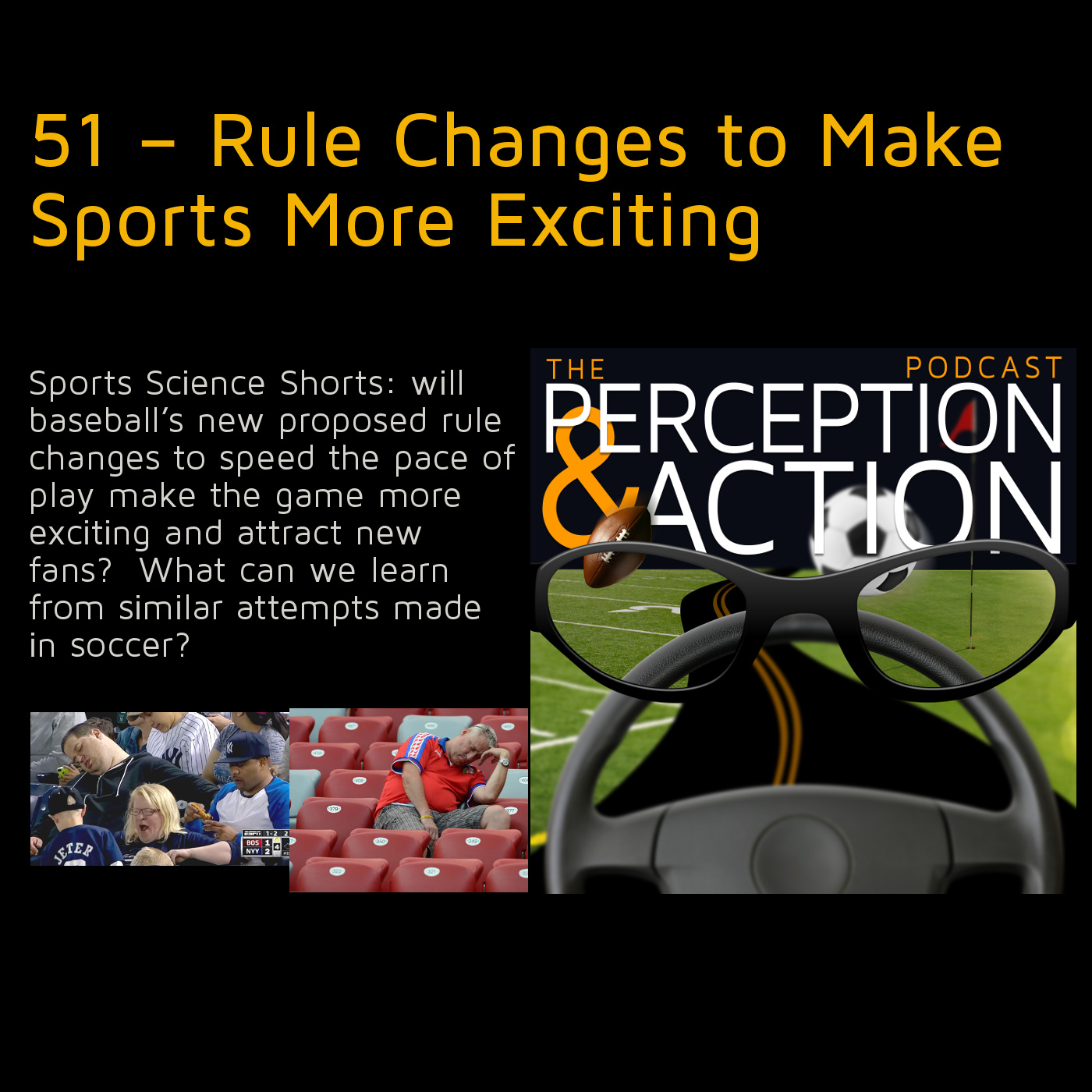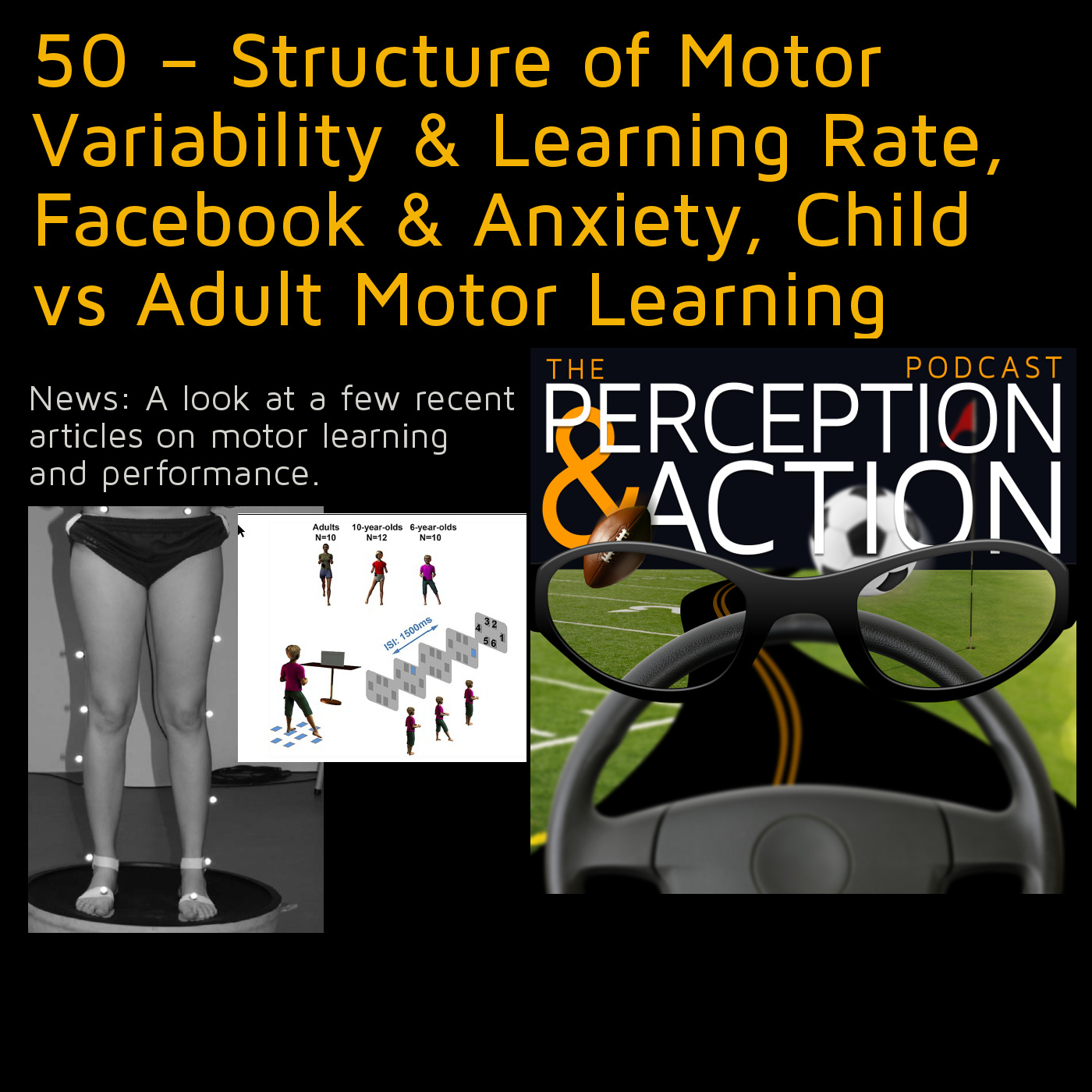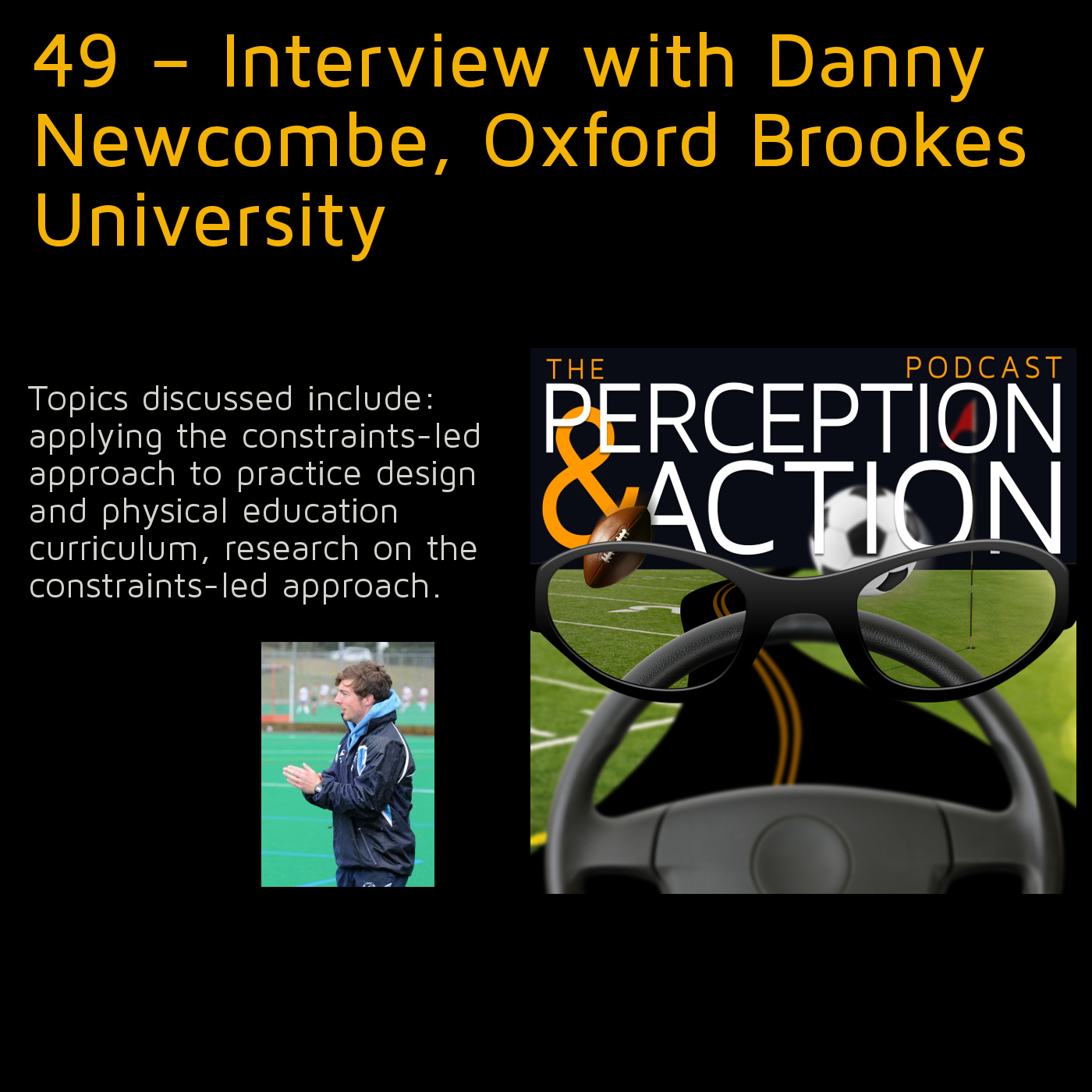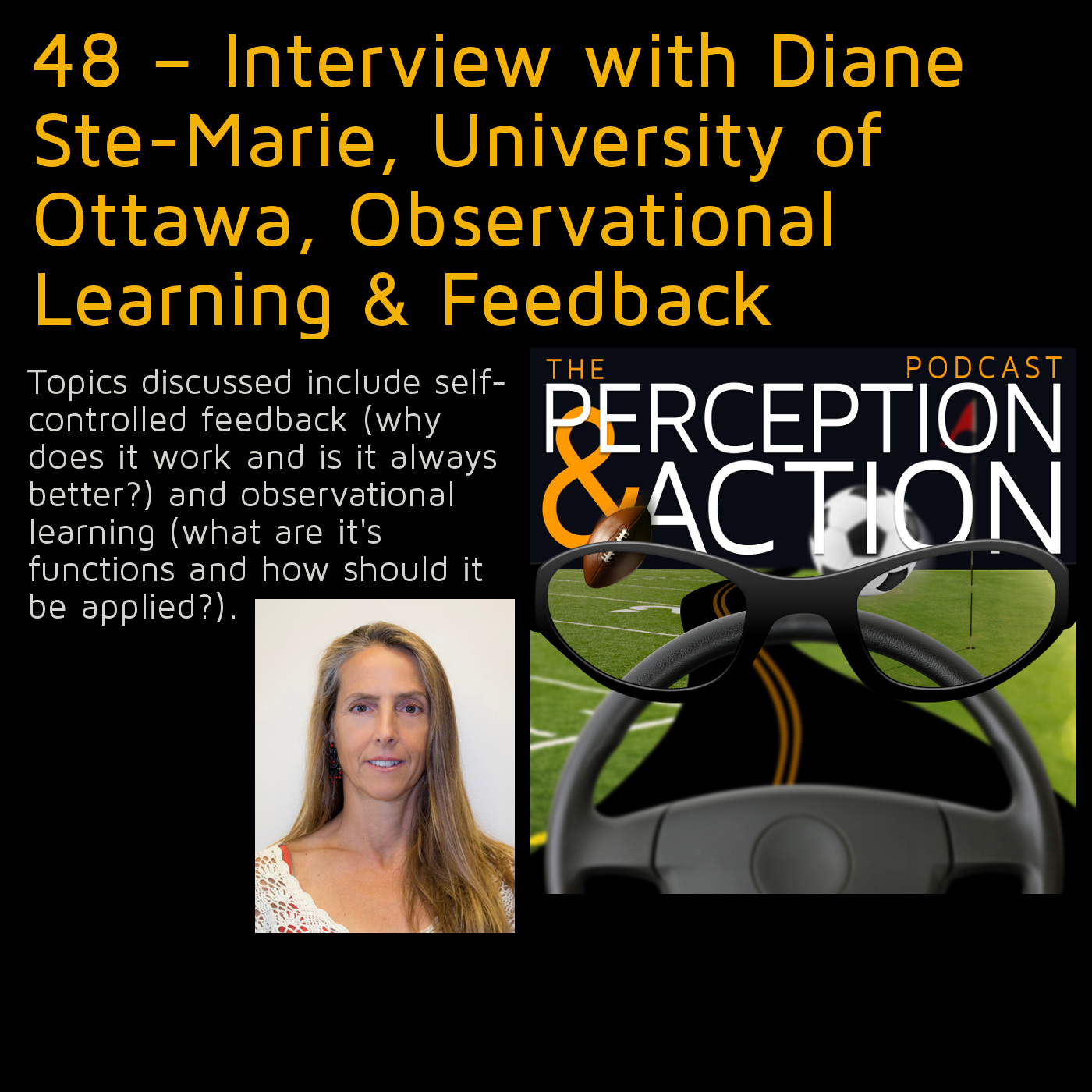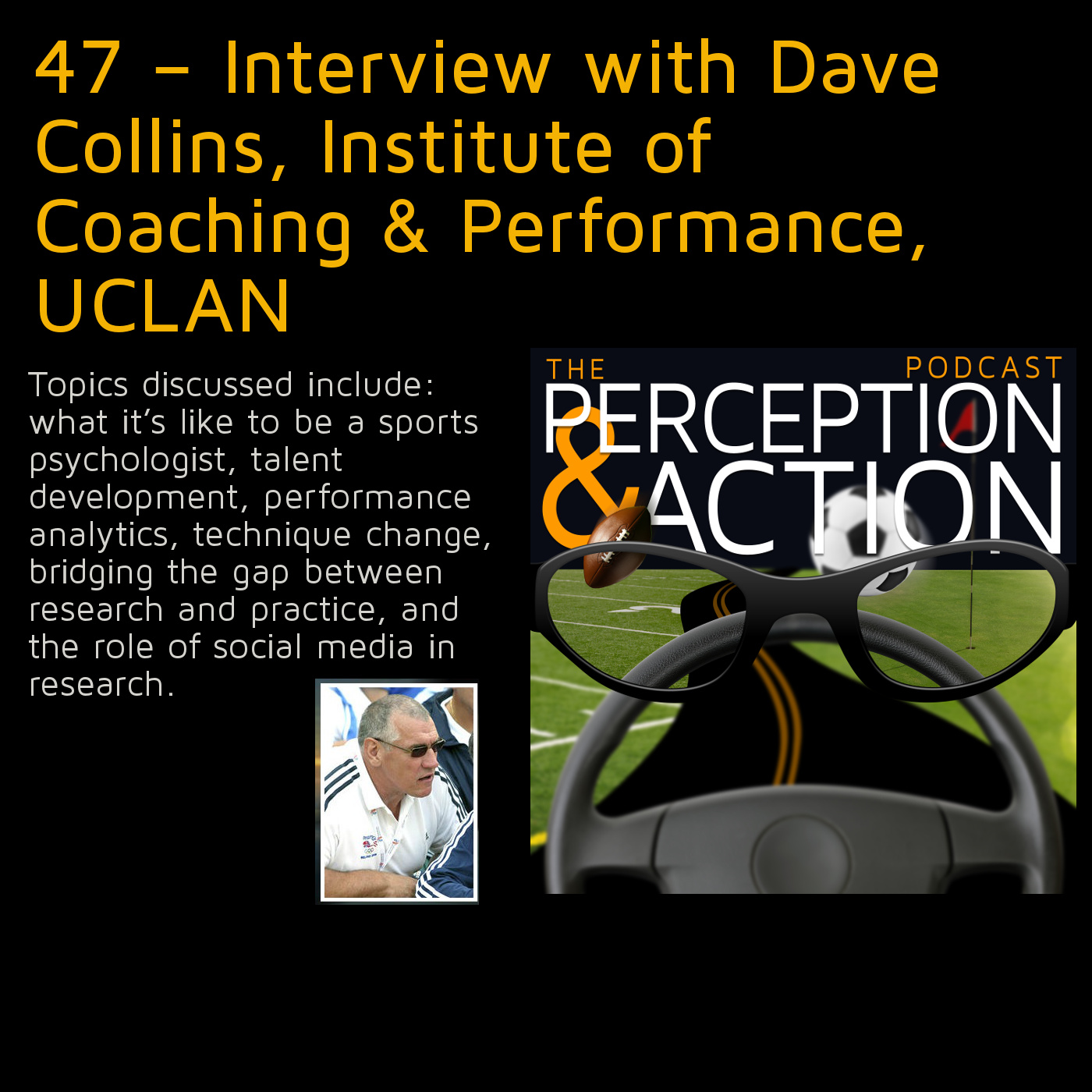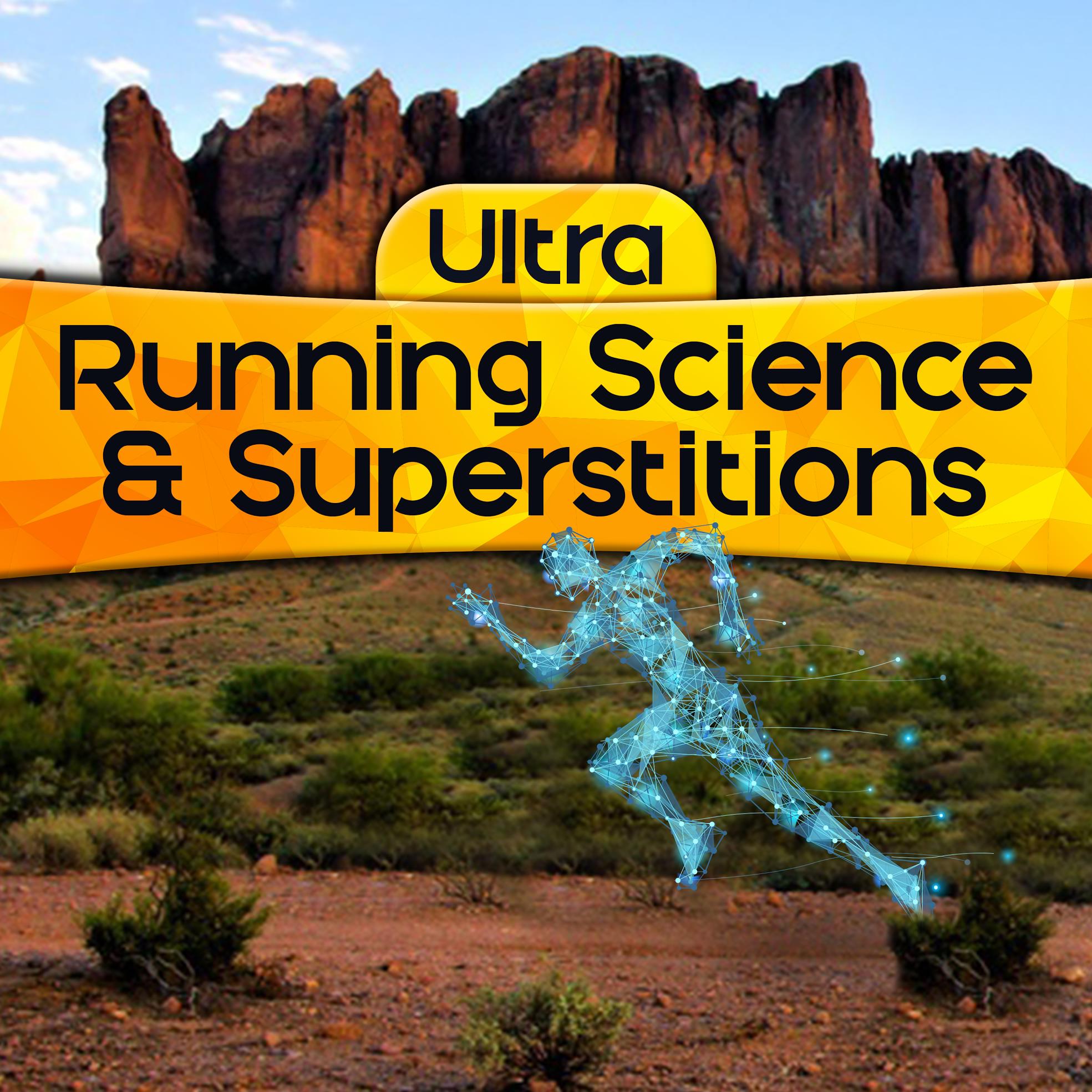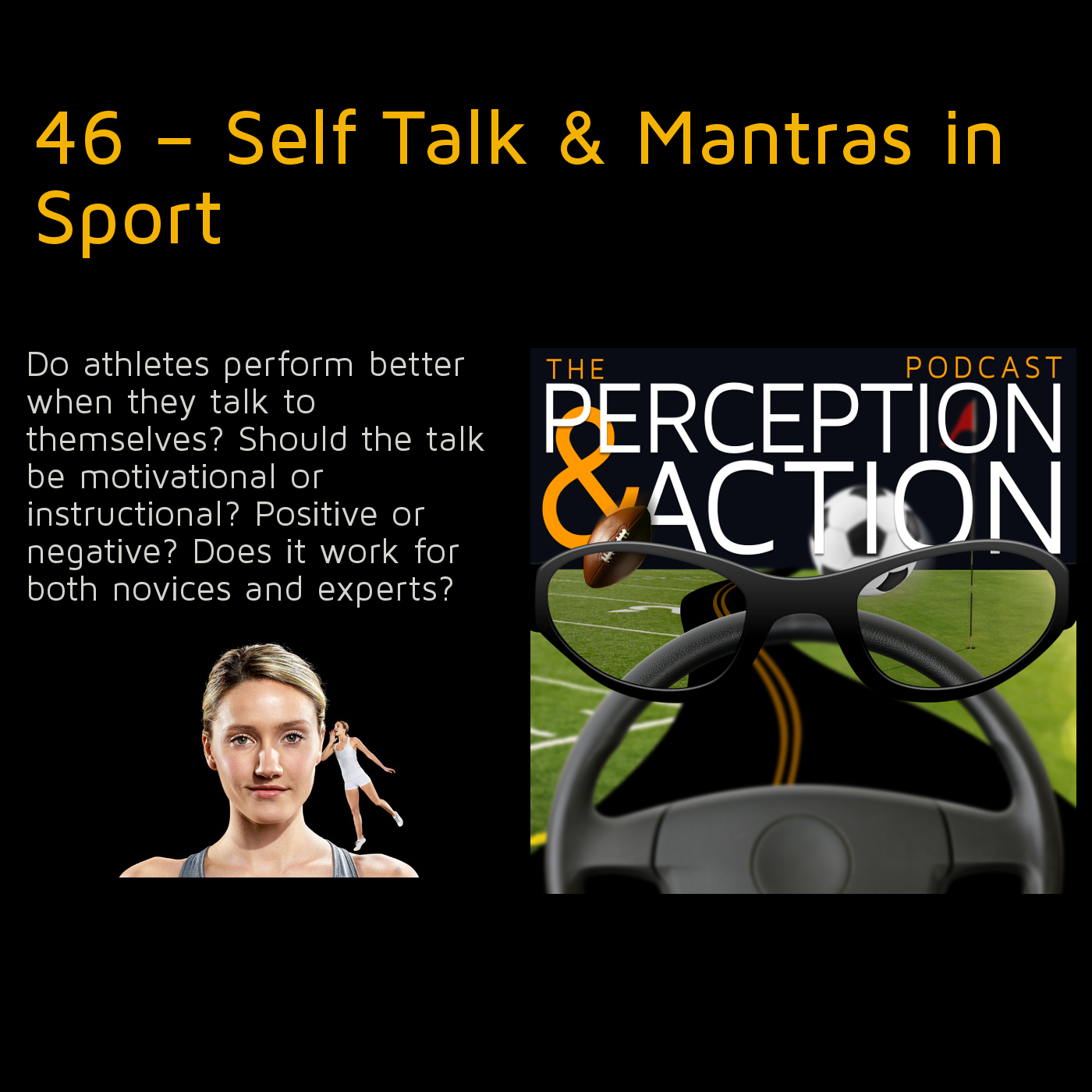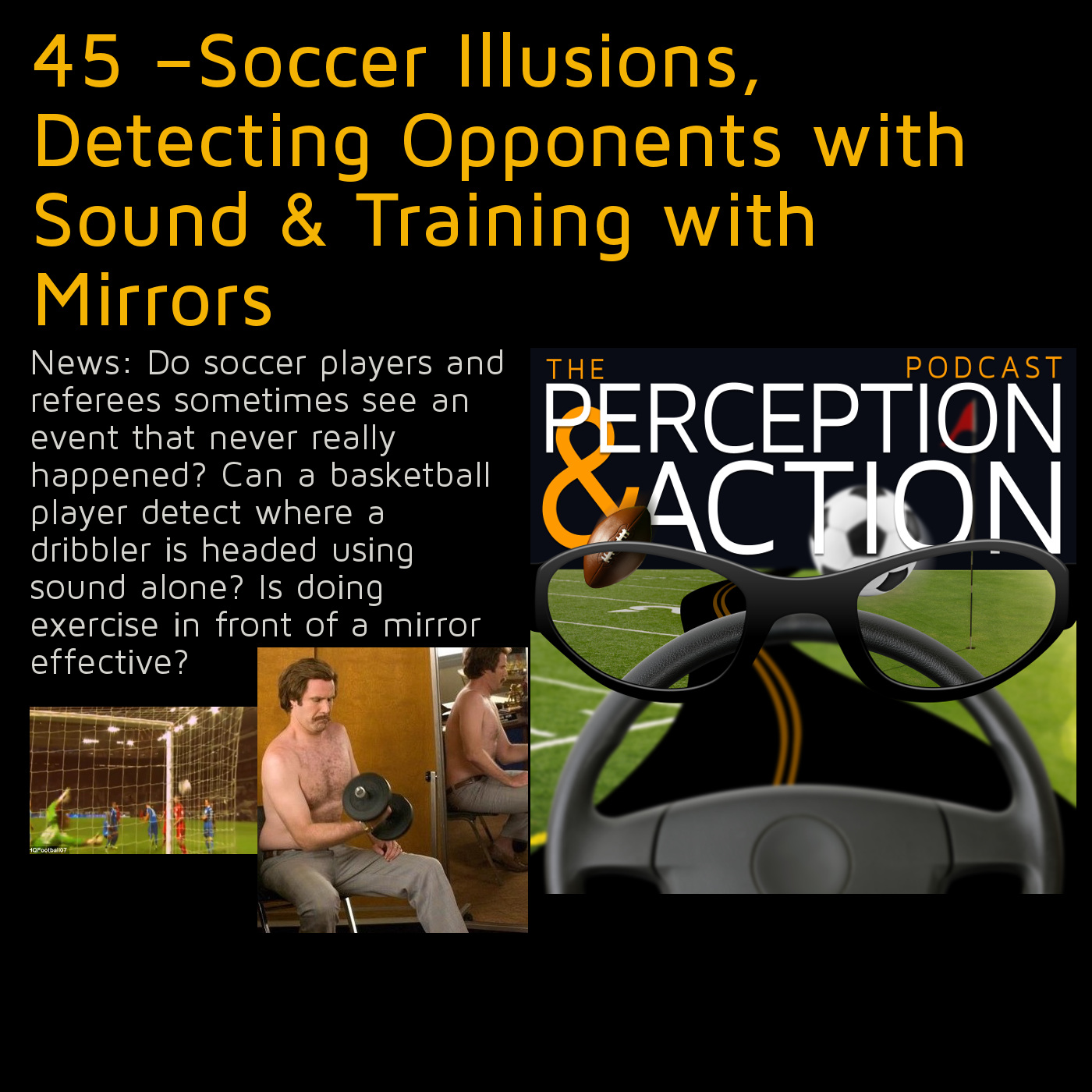51 – Rule Changes to Make Sports More Exciting
51 Sports Science Shorts: will baseball’s new proposed rule changes to speed the pace of play make the game more exciting and attract new fans? What can we learn from similar attempts made in soccer? What determines a sport’s fans level of excitement Download link Articles: How to Make Soccer More Attractive? Rewards for a…
Read More